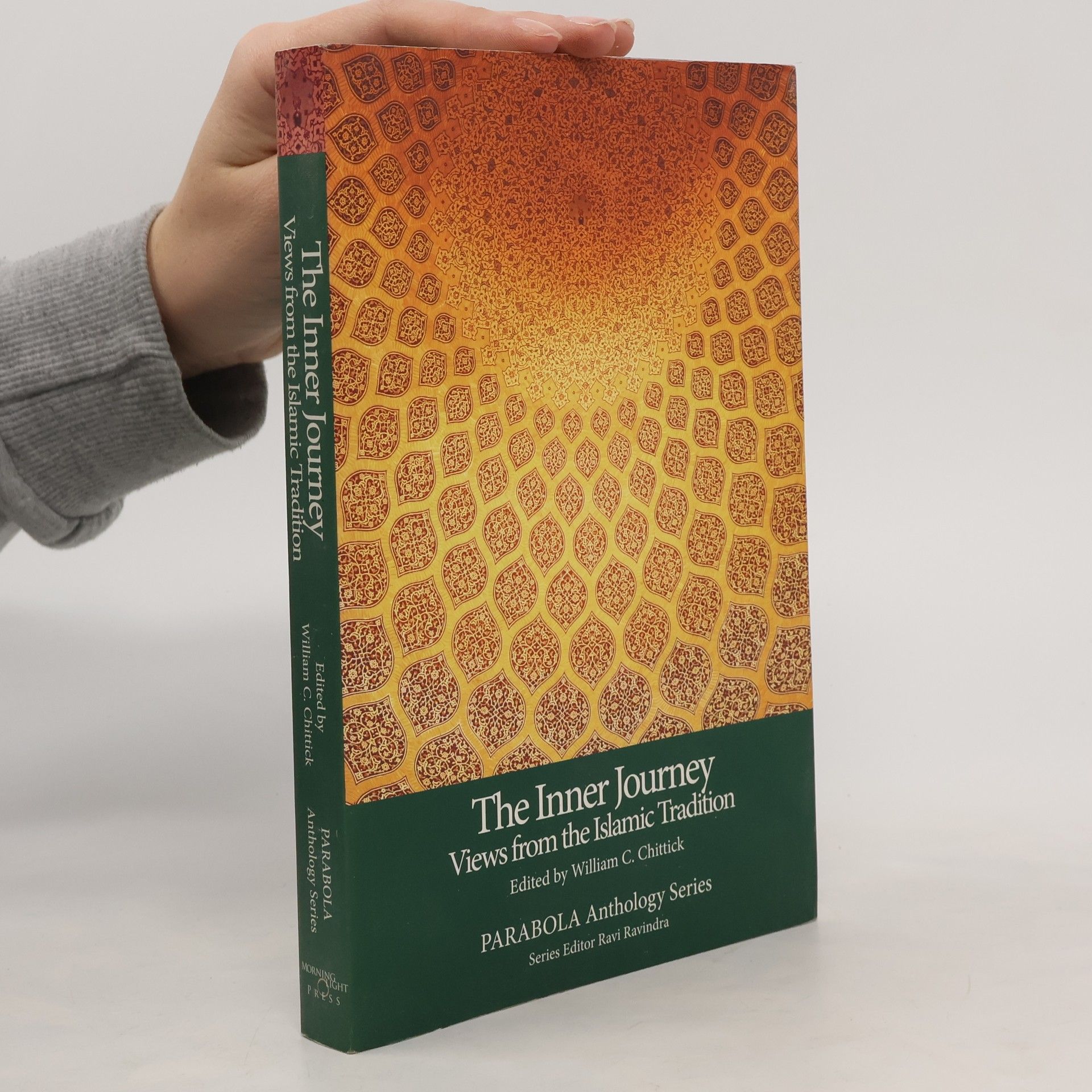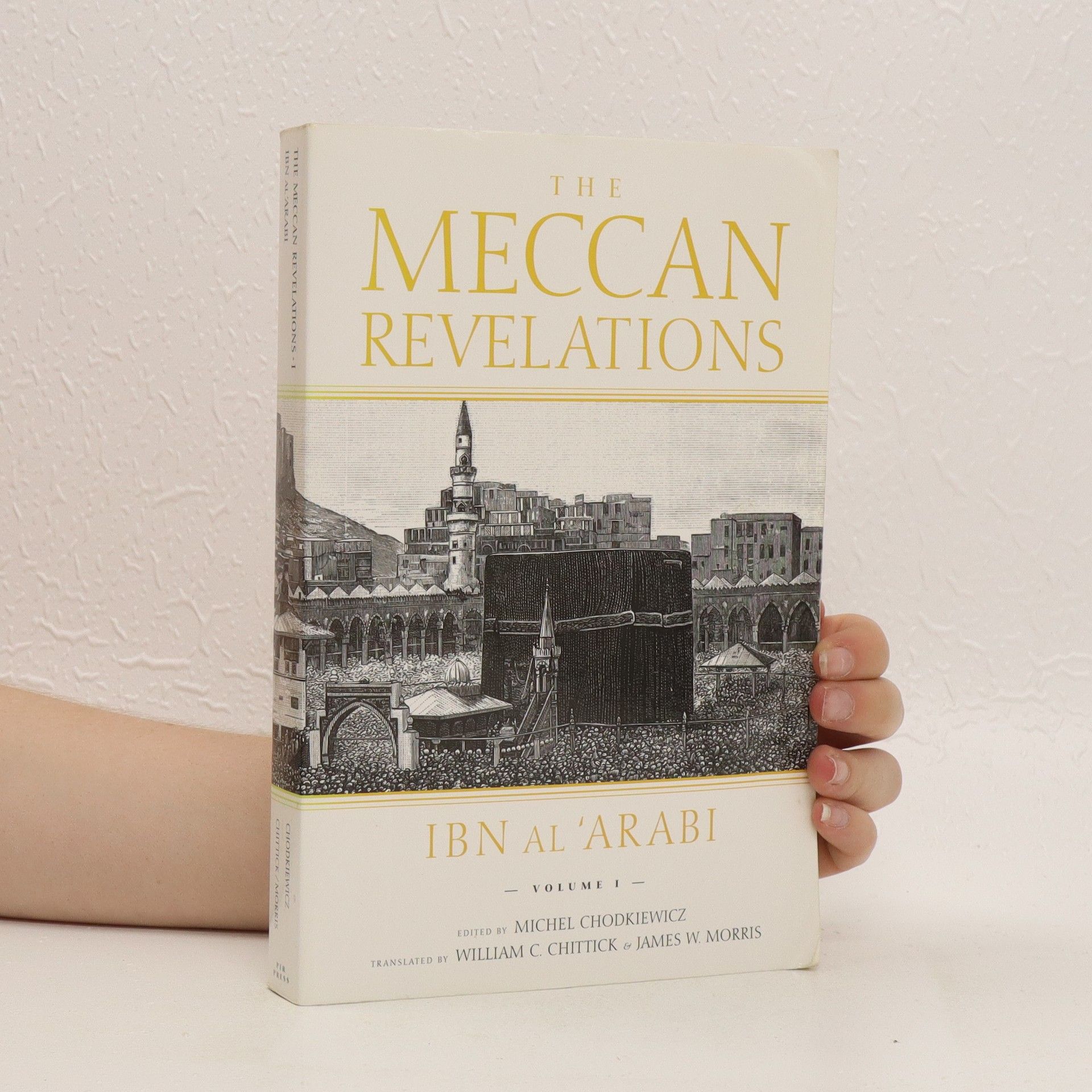Ibn 'Arabi
Erbe der Propheten
Dieser Autor ist ein angesehener Philosoph, Schriftsteller, Übersetzer und Interpret klassischer islamischer philosophischer und mystischer Texte. Er ist am besten für seine Arbeit über Rumi und Ibn Arabi bekannt und hat sich ausführlich mit der Schule Ibn Arabis, der islamischen Philosophie und der islamischen Kosmologie beschäftigt. Sein tiefes Verständnis dieser Traditionen ermöglicht es ihm, komplexe Ideen den Lesern mit einzigartiger Klarheit zu vermitteln. Durch seine Expertise in Übersetzung und Interpretation bringt er das reiche islamische intellektuelle Erbe zeitgenössischen Lesern näher.




Erbe der Propheten
"The continuation of our acclaimed English translation of Les Iluminations de la Meque. Volume II contains more of the "Greatest Shaykh's" wisdom for the first time in English. Subjects include: the gnostic and the sacred law, the mystic properties of the Quranic letters, the secrets of Forgiveness and the attainment of Divine Nearness."--Publisher's website.
This work offers an accessible exploration of the greatest mystical poet of Islam, covering essential Sufi and Islamic doctrines about God, the cosmos, and humanity's role within it. It addresses the necessity of religion, the journey toward ultimate becoming, and the mystical ascent to God, while illustrating how literature uses symbols to convey "unseen" realities. William Chittick provides the first English translation of select aspects of Rumi's writings, carefully rearranging his poetry and prose to eliminate unnecessary complexities found in other translations. This organization presents Rumi's ideas clearly and coherently, using his own words. Each chapter includes thorough, nontechnical introductions and progressively varied selections, making the text accessible to those interested in spirituality across traditions. Victor Danner from Indiana University praises this work as significant for both Islamic studies and the humanities, highlighting its ability to guide readers through Rumi's theoretical, practical, and mystical insights. He emphasizes that it is an unparalleled resource for Westerners and Westernized Muslims seeking to understand the deeper aspects of the Islamic faith, noting Chittick's meticulous approach in presenting Rumi's fundamental ideas.
This book of essays, poems, and interviews by Islamic and Sufi poets, scholars, and storytellers is a much-needed compendium of works from a complex tradition that holds timeless messages for contemporary readers. Contributors range from Rumi to Seyyed Hossei Nasr to Emma Clark — together they create a mosaic of the Muslim view of the world and the cosmos, as well as of Sufi rhythms and rituals. Contributions like “Out of the Hidden Root” and “Slumber Seizes Him Not” promote a deeper understanding of one of the world’s great, and most misunderstood, spiritual traditions.